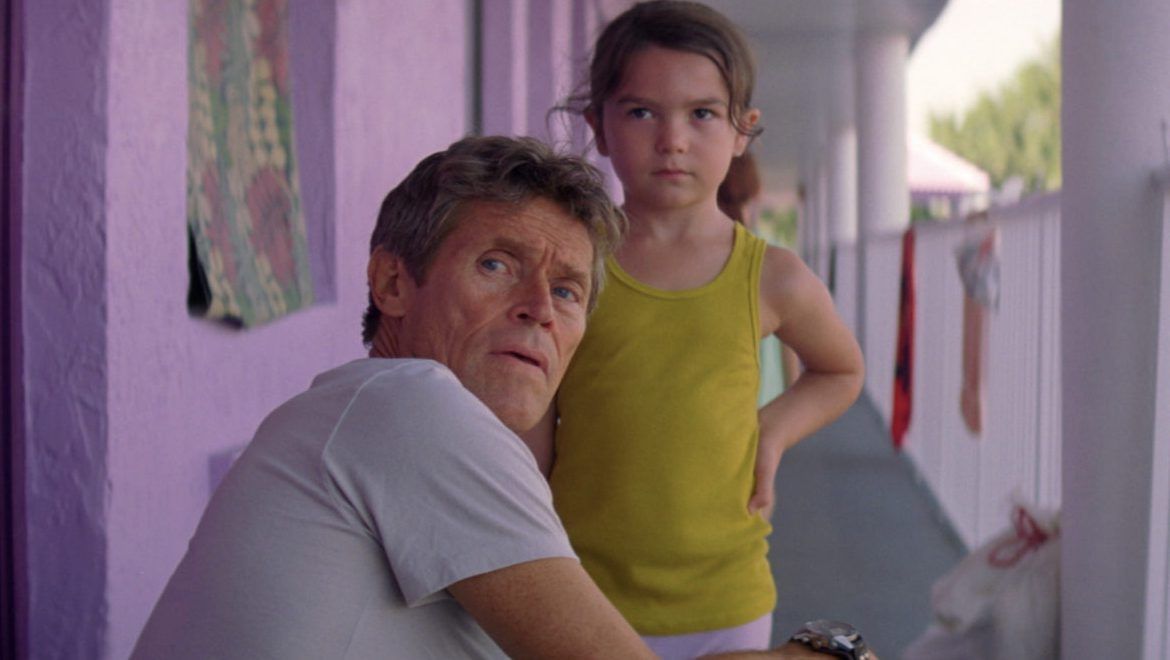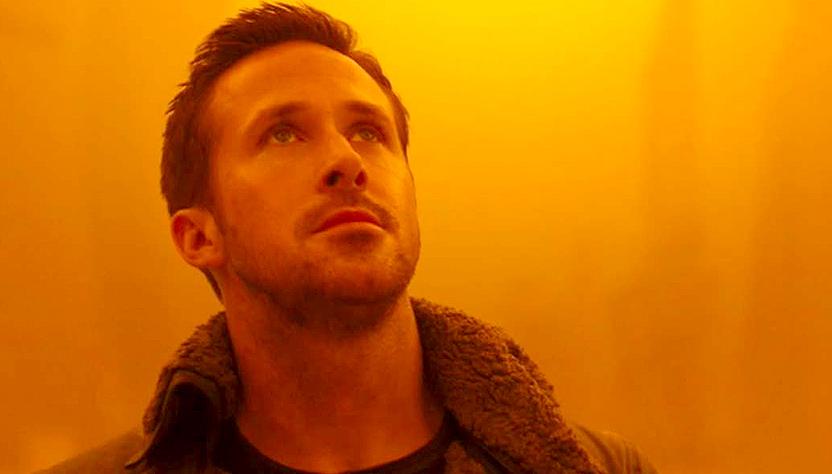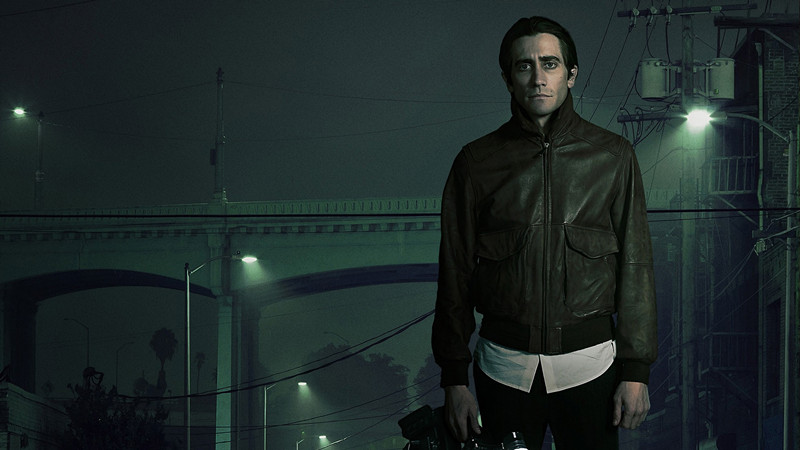6. A Most Violent Year (2014)

While not the most well-known film on this list, A Most Violent Year is a captivating and intense film that should have been nominated for Best Picture. Directed by J.C. Chandor and starring Oscar Isaac and Jessica Chastain, the film is a thrilling exploration of ambition, corruption, and the American Dream.
Chandor’s direction is masterful, creating a highly atmospheric and emotionally resonant experience that captures the tension and complexity of the film’s themes. Exploring the morally dubious business world and its ruthless participants, A Most Violent Year ended up on many critics’ Top 10 lists for that year.
While the filmmaker is highly regarded, and Chastain was nominated for a Golden Globe, this slow-boiling thriller was not nominated for a single Oscar. With other Best Picture nominees for that year veering wildly in tone, from the coming of age film Boyhood to The Grand Budapest Hotel to Birdman or (The Unexpected Virtue of Ignorance), maybe novelty was being favored more that year than a serious thriller.
7. The Florida Project (2017)

The Florida Project (2017) is a powerful and poignant film that should have been nominated for Best Picture. A moving and heartbreaking exploration of poverty, childhood, and the American Dream, it was one of the best-reviewed films of that year. Following the adventures of a six-year-old girl who lives in a low-budget motel with her mother on the outskirts of Disney, the stunning visual language of the film captures a vibrant and colorful world they girl sees the world as, all while the dire circumstances of her life occur in the background.
A standout film and the first role for many of its actors, including Brooklynn Prince as Moonee, the young girl who lives at the motel with her mother, its thematic complexity and social commentary are rich and piercing, and one would need a heart of stone not to feel sympathy for a optimistic little girl in a precarious situation. With just one nomination (for Best Supporting Actor for one of the few name stars in the film, Willem Defoe), The Florida Project came up short on nominations despite its near-universal acclaim.
Perhaps the film was too small to be nominated for many Oscars: after all, it was the first film for the director and most of the actors featured. The film can also be emotionally devastating at times and may have hit a little too close at home for many filmgoers that the Academy favored more lighthearted fare like La La Land.
8. Blade Runner 2049 (2017)

While they dominate categories like Best Visual Effects and Art Direction for Oscar nominations, science fiction films have rarely been nominated for Best Picture. Star Wars, E.T. The Extra Terrestrial, and Avatar were notable and the Academy has begun to nominate more in recent years (Dune and Avatar 2 for example), but the top category has never been won by a sci-fi film.
Blade Runner 2049 was not nominated in its year, which is surprising since a sci-fi film was nominated in the category just the year prior – Arrival. But Blade Runner 2049 and that movie are very different from each other, and this may be why.
Arrival was more of a psychological sci-fi film that explored how language and meaning can be understood between completely different beings and the potential of finding new ways to think and approach problems. It was also a stand-alone original film and not a sequel to a classic in the genre. Finally, Arrival was the type of ‘prestige’ film the Academy likes to recognize while Blade Runner was a big-budget sci-fi action film – a popcorn flick.
Still, it did pretty well at that year’s Oscars, winning Best Cinematography and (of course) Best Visual Effects. While sci-fi films are starting to get more recognition in the category (both Dune and Avatar 2 were nominated in recent ceremonies for Best Picture), Blade Runner 2049 was maybe just ahead of its time.
9. Nightcrawler (2014)

A haunting exploration of the dark underbelly of the media industry and the lengths that people will go to in pursuit of success, Nightcrawler was a critically acclaimed thriller and an intense character study, but its subject matter may be a little too unseemly for a group of people who work in the media industry itself to officially recognize.
Dan Gilroy’s direction is masterful, creating a highly atmospheric and tense experience that captures the moral ambiguity and twisted motivations of its central character, an aspiring tabloid journalist that does more than just bend the rules to get the scoop. Jake Gyllenhaal delivers a powerhouse performance as a driven and ruthless freelance cameraman who will stop at nothing to capture the most graphic and shocking footage for the evening news.
Rich in thematic complexity and social commentary. It explores themes of ambition, morality, and the corrosive effects of the media on society. It makes sense why the same people responsible for producing that media in America would not want to award such a salacious story (it does make them look bad, after all). Nominated for Best Original Screenplay, which it lost, Nightcrawler is a disturbing look at what lengths a driven person will go in the highly competitive world of the media industry.
10. Ex Machina (2014)

As mentioned earlier, science fiction as a genre is only just starting to get its due when it comes to Best Picture nominations. But when the film is just as much an indie arthouse movie as a sci-fi flick, with critical praise coming from every direction, it seems more like an oversight than any Academy prejudice against a genre film.
Thought-provoking and visually stunning, Ex Machina made a splash when released in 2014. Its appeal brought in admirers outside the genre as its explorations of artificial intelligence, morality, consciousness, and what it means to be “human” caught the zeitgeist of the time and the attention of critics and audiences alike.
Directed by Alex Garland, its exceptional visual effects and production design created a world that is both haunting and beautiful, capturing the sterile and isolated environment of the high-tech research facility where the majority of the story takes place. The film’s visual effects are also outstanding, especially in its depiction of the android Ava, (played by Alicia Vikander). Vikander delivers a powerful and nuanced performance as Ava, a highly advanced android who is being tested for her ability to exhibit human-like behavior.
A film rich in thematic complexity and philosophical depth, Ex Machina was nominated for two Oscars – Best Original Sceenplay, which it lost, and Best Visual Effects, which it won. While it may have played a significant part in the new sci-fi renaissance that now leads to at least one science fiction film being nominated each year for Best Picture, Ex Machina couldn’t pass the Academy’s test and like many other great films of its genre was only awarded a snub for Best Picture.